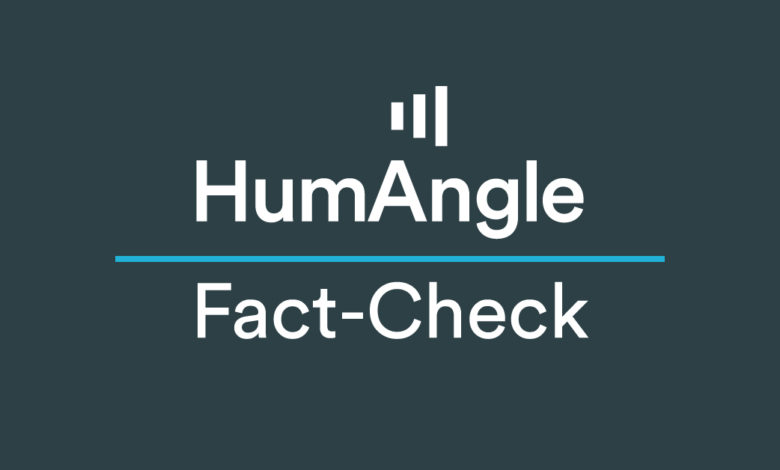How to Read News Like a Fact-Checker

The internet is full of information most of which are false. Some are easy to spot and others require skill and expertise of separating facts from fiction through the new science of fact-checking.
Floods of information on the internet today are likely to cause confusion and are capable of misleading if not deceiving, and quite possibly controlling your political or personal decisions.
You might have heard about “fake news”, the term so bastardised that researchers and journalists replace it with other, albeit less generic words like disinformation, misinformation or the new comprehensive phrase, “information disorder”.
Many organisations would want you to know what really is “fake news” if you care about the credibility of the messages you receive daily on WhatsApp or tweets you scroll down on Twitter timeline or posts you come across on Facebook or blogs.
Some politicians and other organisations erroneously define “fake news” as any credible report or genuine story they do not like.
The president of the United States, Donald Trump is the founder of this school of thought and the strategy is continuously being borrowed by governments everywhere in the world. This inaccurate manipulation of information is also another method of disinformation.
Disinformation is the deliberate spread of false information in order to manipulate consumers. Misinformation, on the other hand, is the unintentional spread of false information due to the new culture of sharing or forwarding contents on social media; simply put lack of consciousness or critical thinking before spreading messages.
Below are quick fact-checking tips to help you verify the veracity of the deluge of information you come across daily on social media platforms. Skilled fact-checkers, journalists and scientists employ them to quickly identify misleading statements and check themselves up for possible “human error”.
Be Skeptical
Cultivate the culture of scepticism. Belong to everybody and belong to nobody. When you come across information on social media, think that it can be true or false. This doesn’t mean you are dismissing all the information you receive as false. It means you are saying it could be false.
Who is the source?
Always consider the source of your information. This doesn’t mean trusting the media you label as “trustworthy” or disregarding the ones you call “fake news media”. It means checking yourself for possible conflict of interest, prejudices or biases.
Ask yourself, is the writer or commenter worthy to speak on the issue? Check whether they are habitual disinformers or have a sinister motive for spreading the message.
Where is the Evidence?
Sometimes even the “trustworthy” media make unsubstantiated or misleading claims. Always look at the evidence they present, not their names. Even big media organisations make mistakes. Before sharing or retweeting, check other sources and compare the evidence. Don’t just look at the name, look at the evidence.
Don’t Cherrypick
Cherrypicking Information is one of the greatest sins of critical thinking. Avoid it. Confirmation bias is one of the logical fallacies bedevilling the psychology of human beings.
It means finding the information that suits your opinions and disregarding or not seeing the other part of the information. Don’t cage yourself in echo chambers where you and you’re like-minded reverberate the information that you like till you start deceiving yourself that it is the only truth.
Beware of the Halo Effect
Halo effect “is a cognitive bias that makes our feeling towards someone affect how we judge their claims. If we dislike someone, we are a lot more likely to disagree with them; if we like them, we are biased to agree,” said Scientist Emma Frans.
If you come across information, don’t just believe it because it is your party chairman said it or disregard it because it is not in line with your religious views. Always look at your cognitive biases and save yourself from the danger of misinformation.
This article is in collaboration with Dubawa 2020 Fellowship Program by Premium Times Centre for Investigative Journalism, as part of the Digital and Information Literacy campaign.
Support Our Journalism
There are millions of ordinary people affected by conflict in Africa whose stories are missing in the mainstream media. HumAngle is determined to tell those challenging and under-reported stories, hoping that the people impacted by these conflicts will find the safety and security they deserve.
To ensure that we continue to provide public service coverage, we have a small favour to ask you. We want you to be part of our journalistic endeavour by contributing a token to us.
Your donation will further promote a robust, free, and independent media.
Donate HereStay Closer To The Stories That Matter




